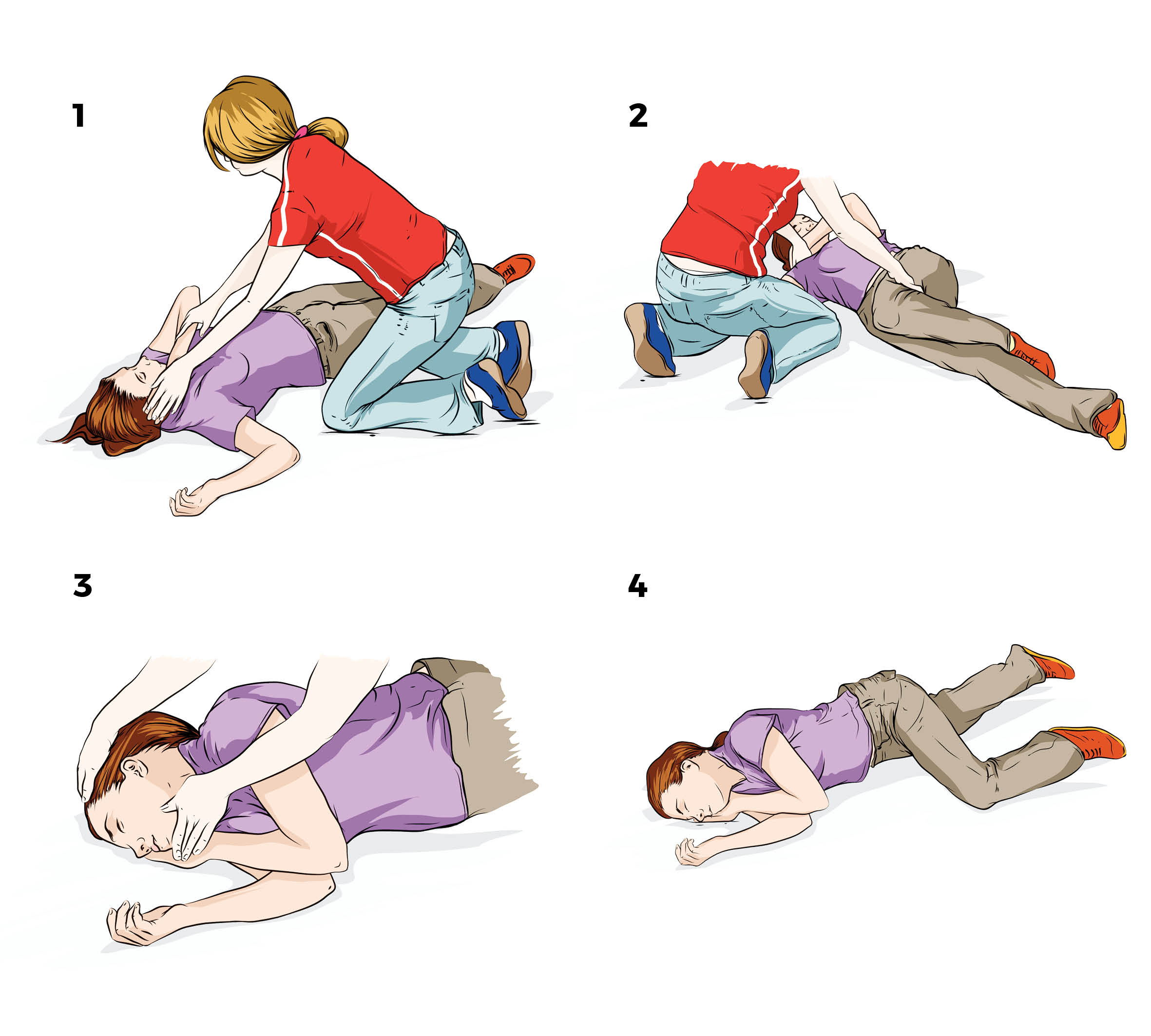Gabapentinoids
Gabapentinoids are medications used to control neuropathic (nerve) pain by dampening the pain signals travelling through the body’s nervous system. They are also used to help manage epileptic seizures. Gabapentinoids can be prescribed as a long-term medication if they have been found to be effective.
Generic Name Trade Name
Pregabalin Lyrica®, Lypralin®, Lyzalon®, Neuroccord®
Gabapentin Neurontin®, Gabacor®, Gabaran®, Gantin®, Nupentin®
What does it look like?
- Tablets or capsules
- Swallowed
People are commonly prescribed gabapentinoids to treat nerve pain. Other short-term effects include:
- Feeling tired or drowsy
- Blurred or double vision
- Dizziness
- Unsteadiness when walking, clumsiness
- Memory problems
- Shaking or tremors
- Constipation
- Diarrhoea
- Nausea
- Headache
- Swollen hands, legs, or ankles
- Increased thoughts of self-harm or suicide
Gabapentinoids affect people differently depending on a range of factors including how much and what dose is taken, whether it is used with other drugs, and the individual characteristics of the person. Using gabapentinoids with sleeping tablets (e.g. benzodiazepines and z-drugs), other pain relievers (e.g. opioids), alcohol, antihistamines, antidepressants or antipsychotics may result in severe drowsiness, decreased awareness, breathing problems, coma and death.
- Mood changes
- Irritability
- Depression
- Feeling suicidal
- Swelling
- Weight gain
- Unexplained muscle pain
- Low energy
- Lack of motivation
- Memory problems
- Spending a great deal of time getting, using, or recovering from the effects
- Using in greater amounts, or for longer than originally planned
- Needing to use more to get the same effect
- Having cravings, difficulties stopping/reducing use
- Experiencing withdrawal symptoms
- Social problems including relationship issues, financial problems, impacts on study or work and legal problems
Medical advice is recommended if someone is considering cutting back or stopping their use of gabapentinoids. Abrupt cessation may cause withdrawal symptoms including poor sleep, headaches, dizziness, nausea, excessive sweating, diarrhoea and cravings. These symptoms may be unpleasant, but usually lessen over time. In rare cases withdrawal from high doses can also cause confusion and seizures.
Sometimes it can take a few attempts to cut back or stop.
- Focus on reasons for cutting down or stopping
- Avoid ‘triggers’ (i.e. things associated with using such as places, people and stressful situations)
- Ask a friend, family member or health professional for support
Regular gabapentinoid use throughout pregnancy can cause a newborn baby to experience withdrawal symptoms such as drowsiness and respiratory difficulties. People who are concerned about their gabapentinoid use while pregnant or breastfeeding should talk to their doctor or health professional.
If so, questions you may wish to ask your doctor are:
- What are the benefits of using them?
- What are the risks associated with using them?
- Are there any safer or better alternatives? (including non-medication-based treatments)
- What would happen if we did nothing? (i.e. did not use this medicine)
If you agree to using this medication, you may also wish
to ask:
- How long should I take this medicine?
- What are my chances of becoming physically or psychologically dependent upon this medicine?
- How difficult is it to stop using this medicine in the future?
Signs of a gabapentinoid overdose may include:
- Loss of consciousness
- Unsteadiness when walking, clumsiness
- Very slow breathing and/or gurgling sounds
- Slow heart rate
- Low body temperature
- Muscle twitching
- Cold clammy skin
- Blue lips and fingertips
- Skin with a bluish tinge
- Vomiting
- Confusion
- Drowsiness
If a person has overdosed on gabapentinoids call an ambulance on triple zero (000). If they have stopped breathing commence CPR. If they are breathing normally, place them into the recovery position and wait with the person until the ambulance has arrived.

Adis - Understanding Gabapentinoids Fact Sheet
Adis fact sheet providing information about Gabapentinoids.
Take a self assessment quiz, it's free and only takes 5 minutes.
